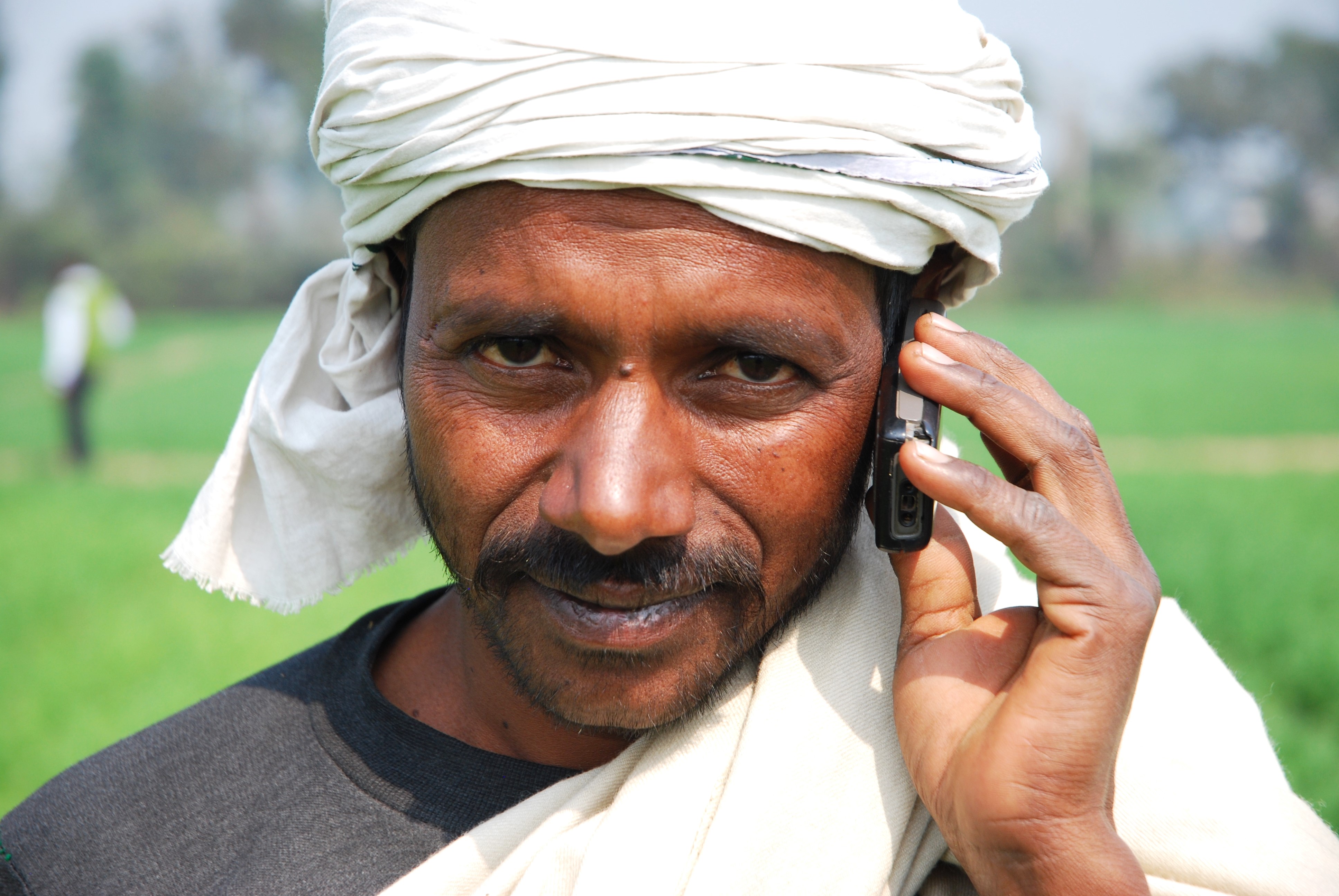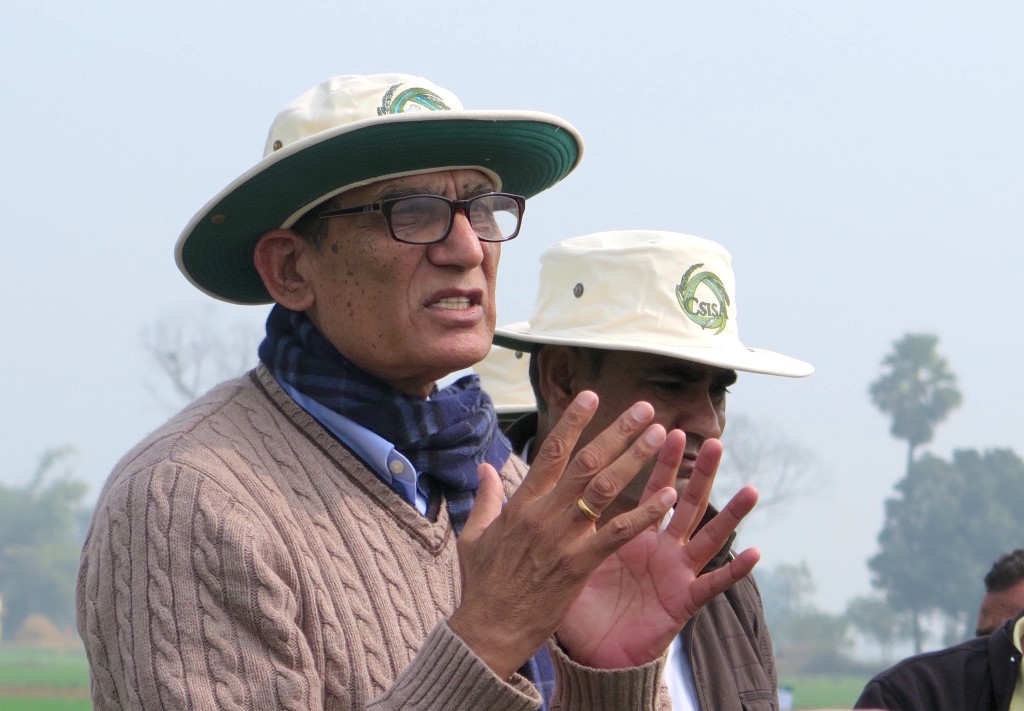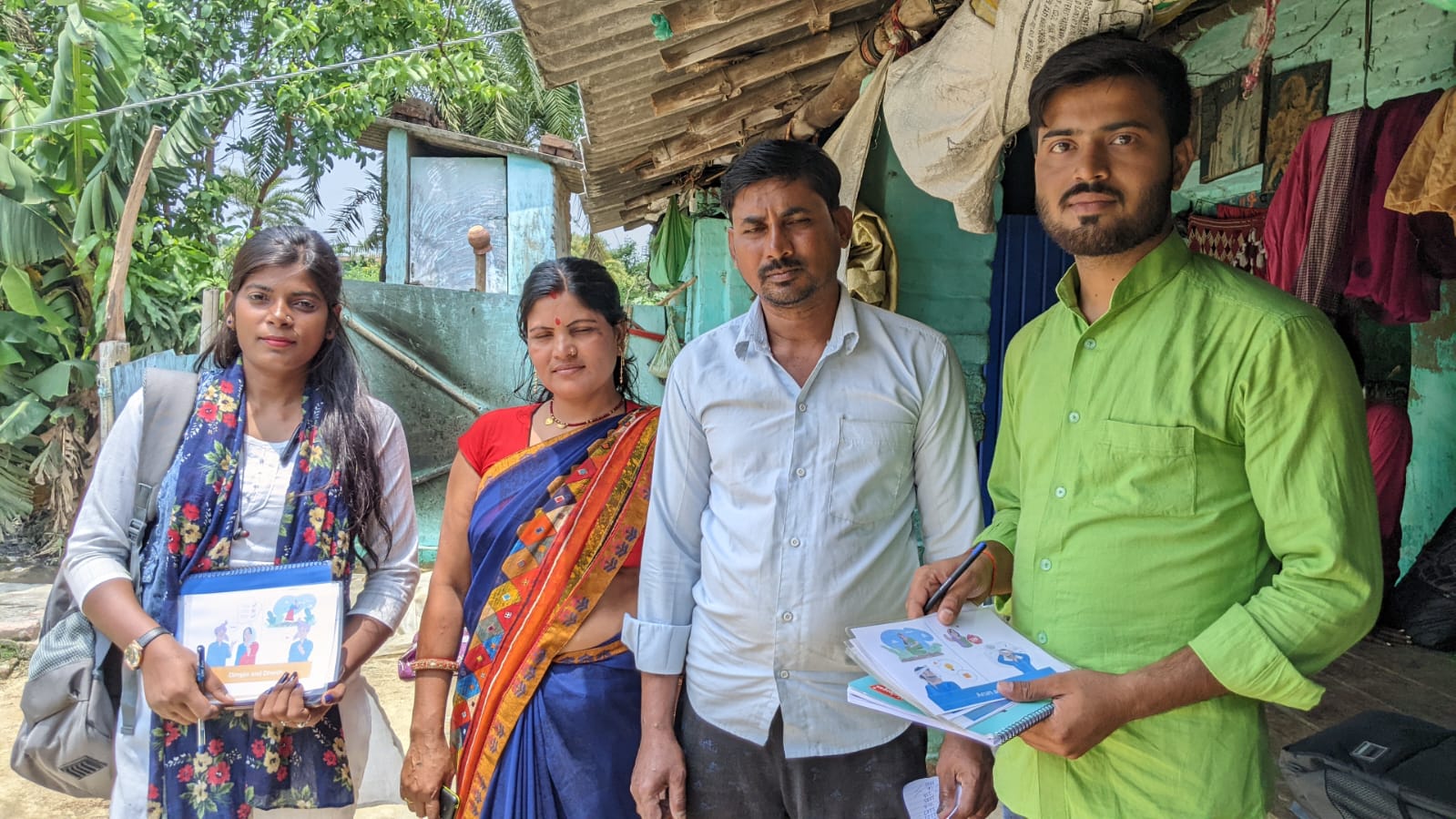In agriculture, good soil management is a pillar of productive systems that can sustainably produce sufficient and healthy food for the world’s growing population.
Soil properties, however, vary widely across geography. To understand the productive capacity of our soils, we need high-quality data. Soil Intelligence System (SIS) is an initiative to develop comprehensive soil information at scale under the Cereal Systems Initiative for South Asia (CSISA) project in India. SIS is led by the International Maize and Wheat Improvement Centre (CIMMYT) in collaboration with ISRIC – World Soil Information, International Food Policy Research Institute (IFPRI), and numerous local partners on the ground.
Funded by the Gates Foundation, the initiative launched in 2019 helps rationalize the costs of generating high-quality soils data while building accessible geo-spatial information systems based on advanced geo-statistics. SIS is currently operational in the States of Andhra Pradesh, Bihar and Odisha where the project partners collaborate with state government and state agricultural universities help produce robust soil health information.
Farmers are the primary beneficiaries of this initiative, as they get reliable soil health management recommendations to increase yields and profits sustainably while state partners, extension and agricultural development institutions and private sector benefit primarily by expanding their understanding for agricultural interventions.
Modern Soil Intelligence System Impact
CIMMYT’s SIS Project lead Balwinder Singh said, “The Soil Intelligence Systems initiative under CSISA is an important step towards the sustainable intensification of agriculture in South Asia. SIS has helped create comprehensive soil information – digital soil maps – for the states of Andhra Pradesh, Bihar and Odisha. The data generated through SIS is helping stakeholders to make precise agronomy decisions at scale that are sustainable.”
Since its launch in December 2019, a wider network and multi-institutional alliances have been built for soil health management and the application of big data in addressing agricultural challenges. In the three states the infrastructure and capacity of partners have been strengthened to leverage soil information for decision-making in agriculture by devising new soil health management recommendations. For example, in the state of Andhra Pradesh, based on SIS data and outreach, State Fertilizer and Micronutrient Policy (SFMP) recommendations were created. Similarly, soil health management zones have been established to strengthen the fertilizer distribution markets enabling farmers with access and informed choices.
“Soil Intelligence System delivers interoperable information services that are readily usable by emerging digital agricultural decision support systems in India”, noted Kempen Senior Soil Scientist at ISRIC.
The three-part infographic highlights the impact of SIS initiative in the select three States and emphasizes the importance of SIS in other parts of the country as well.


 Innovations
Innovations 
